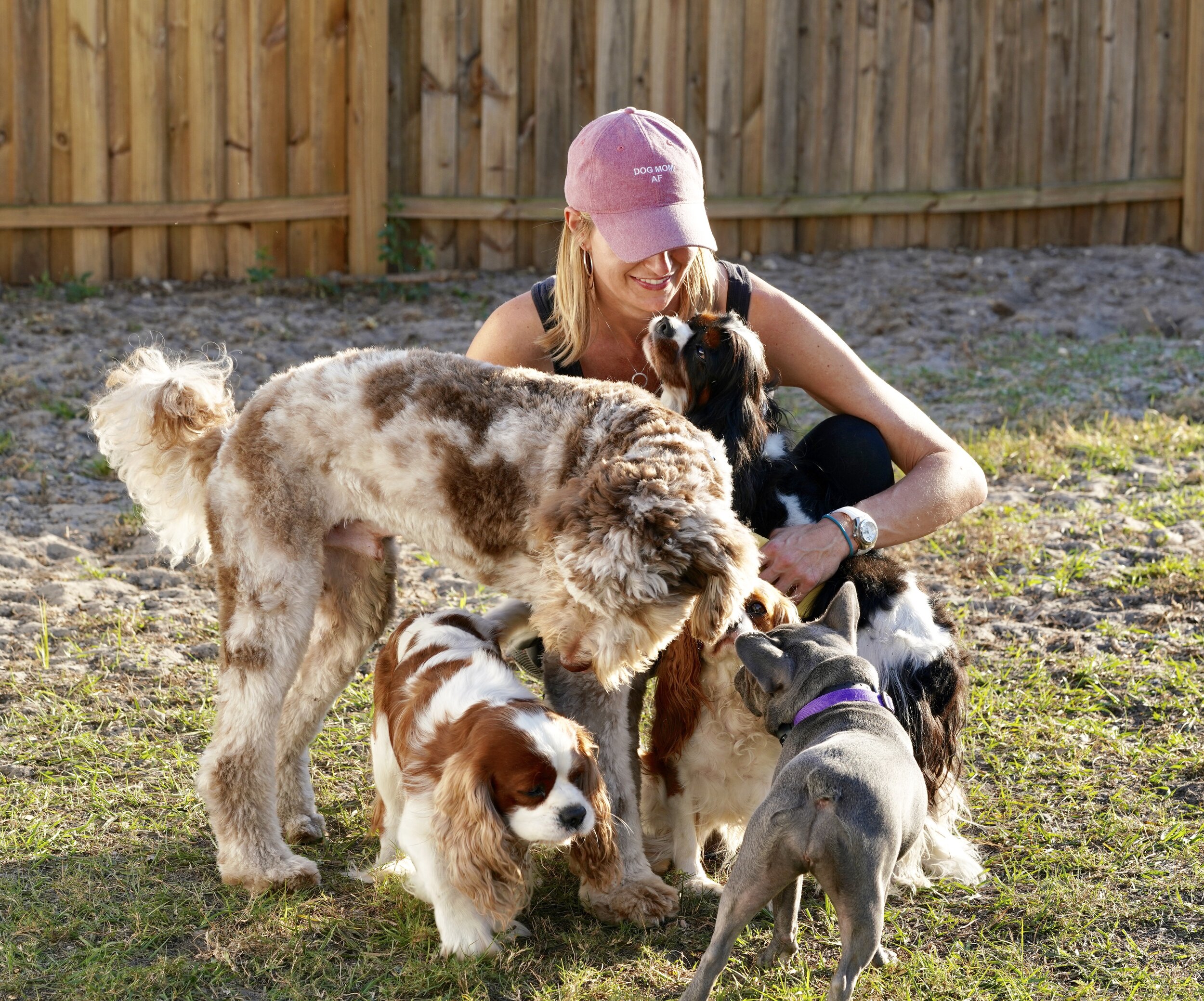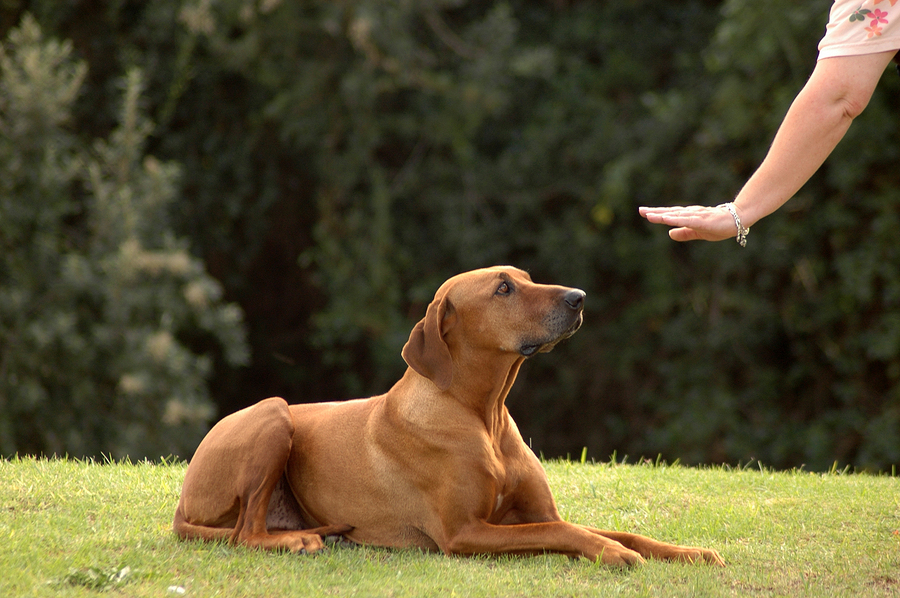Dog Training For Dogs: Expert Recommendations on Training Etiquette
Leading Pet Educating Techniques for Every Phase of Your Dog's Life
Effective pet dog training is necessary at every stage of a canine's life, as each stage provides special difficulties and possibilities for development. It is vital to recognize that training ought to evolve along with a pet dog's growth, making certain that techniques remain relevant and reliable.
Puppy Training Basics
Puppy training fundamentals lay the groundwork for a well-behaved adult pet and include a number of key components that must not be ignored. The preliminary stage of training concentrates on establishing a strong bond in between the young puppy and its proprietor, which is crucial for reliable communication. Socializing is vital; subjecting young puppies to numerous environments, individuals, and other animals aids them establish self-confidence and adaptability, minimizing the possibility of behavior concerns later on in life.
Fundamental commands, such as sit, remain, and come, create the structure of obedience training. Using favorable reinforcement techniques, such as deals with and praise, urges wanted actions and promotes a positive learning experience. Consistency in commands and training sessions is important, as pups thrive on routine and framework.
Furthermore, home training is a necessary aspect of pup training. Establishing a regular timetable for shower room breaks and using assigned locations can assist decrease accidents and advertise excellent behaviors. On the whole, a well-shaped strategy to puppy training, including socialization, house, and obedience training, sets the phase for a well-adjusted grown-up dog, ensuring an unified relationship between the family pet and its owner.
Adolescent Behavior Administration
As puppies develop right into teenagers, their actions can alter dramatically, typically presenting brand-new challenges for owners. This developmental stage, typically occurring in between 6 months and 2 years, is noted by heightened power degrees, interest, and a blossoming feeling of independence. Recognizing these changes is crucial for reliable habits administration.
Teens may display defiant tendencies, such as neglecting commands they previously grasped or taking part in devastating actions. Consistency in training continues to be extremely important; enhancing discovered behaviors through positive support can help counteract these obstacles. Brief, engaging training sessions are vital to preserve their rate of interest and focus.

Additionally, establishing a structured routine can substantially boost a teenage pet dog's feeling of protection. Routine workout is essential to funnel their power positively, minimizing the likelihood of unfavorable habits. By utilizing these approaches, proprietors can effectively browse the intricacies of teen behavior, fostering a well-adjusted, pleased canine companion.
Adult Pet Dog Obedience Techniques

Favorable support remains a vital method; gratifying great actions with deals with, praise, or playtime motivates conformity. Consistency is vital; the exact same commands and benefits ought to be used by all relative to avoid confusion.
Including training right into day-to-day routines can additionally work. For example, practice commands during walks or dish times, allowing training to mix seamlessly right into everyday life. Engaging in structured tasks, like dexterity More Help training courses or obedience classes, can even more boost a canine's skills while providing beneficial socialization possibilities.
It is essential to acknowledge that adult dogs might additionally show stubbornness or complacency. Adjusting training methods to maintain their rate of interest, such as varying benefits or introducing new commands, can help sustain motivation. Overall, a continuous commitment to obedience training will foster a well-behaved and balanced grown-up pet.
Elderly Dog Adaptation Approaches
Identifying the special requirements of senior pet dogs is important for ensuring their comfort and wellness. As dogs age, they may experience a decrease in flexibility, vision, and cognitive feature, necessitating customized adaptation techniques.
First, take into consideration changing the living atmosphere. Guarantee that the home is available and secure; get rid of challenges and offer non-slip surfaces to avoid drops. Additionally, take into consideration using actions or ramps to help them access their favored spaces.
Second of all, exercise needs to be readjusted to account for decreased stamina and joint health (Dog Training For Dogs). Involve in much shorter, more regular strolls, and include mild tasks like swimming, which can be advantageous for arthritic joints
Moreover, psychological stimulation remains essential. Use basic problem toys or participate in scent work to keep their minds sharp, while avoiding frustrating jobs that might annoy them.
Finally, routine veterinary exams are necessary to keep an eye on wellness adjustments and change care regimens accordingly. By applying these adaptation methods, you can improve the lifestyle for your senior canine, ensuring they age with dignity and look at this website easily.
Lifelong Discovering and Enrichment
While pets of all ages take advantage of discovering and mental excitement, lifelong enrichment is specifically essential for maintaining cognitive wellness and emotional health in both senior and younger canines. Engaging tasks not only boost a canine's high quality of life yet additionally enhance the bond between the pet dog and its proprietor.
Enrichment can take various kinds, consisting of interactive toys, problem feeders, and scent work, which boost a pet dog's senses and encourage problem-solving. Normal training sessions, integrating brand-new commands or tricks, keeps their minds sharp and advertises a sense of accomplishment. Socialization with other pet dogs and people is equally important, as it helps prevent behavioral problems and promotes adaptability.
In addition, incorporating exercise right into a pet dog's routine is crucial for total health. Activities like agility training, bring, or long walks supply both psychological and physical stimulation, ensuring canines stay satisfied and involved.
Lastly, take into consideration differing the atmosphere by introducing brand-new locations for playdates or walks. This adjustment can reignite a dog's curiosity and excitement for expedition. Long-lasting discovering and enrichment not just add to a meeting life however additionally promote an unified connection with your canine companion.
Final Thought
Effective pet training techniques evolve throughout a canine's life, addressing the distinct demands of each developing stage. From establishing fundamental skills in young puppies to managing teenage actions, enhancing obedience in adults, and adjusting strategies for seniors, a thorough strategy makes sure optimal interaction and actions. Emphasizing regular psychological excitement, socialization, and exercise cultivates a well balanced and meeting life for pets. Inevitably, consistent application of these like it techniques adds to a harmonious connection between dogs and their human companions.
Efficient pet dog training is crucial at every phase of a dog's life, as each phase presents special challenges and possibilities for growth.Puppy training essentials lay the foundation for a well-behaved adult dog and entail numerous vital parts that should not be overlooked. Overall, an all-around strategy to puppy training, including socializing, obedience, and home training, establishes the stage for a well-adjusted adult canine, ensuring an unified partnership in between the family pet and its owner.
Numerous dog owners might discover that grown-up dogs, while generally more secure in actions than their teen equivalents, still call for consistent training to preserve obedience and excellent manners.Efficient dog training methods progress throughout a pet dog's life, dealing with the one-of-a-kind requirements of each developing stage.